- Home›
- Healthy Living›
- 6 Things To Keep In MInd While Using Essential Oils
6 Things To Keep In MInd While Using Essential Oils
By: Kratika Mon, 05 Oct 2020 3:26:27
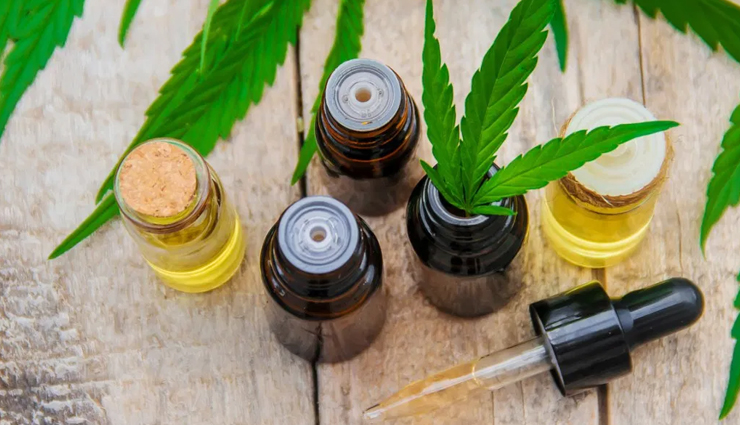
Essential oils can have therapeutic benefits for headaches, colds and wounds, but do you really know what you’re buying? Here’s what to watch out for. When looking for naturally-derived alternatives to pharmaceuticals, essential oils may be one category worth adding to your health-and-wellness arsenal. But product regulation in Canada is still lacking. Here’s what to consider when purchasing and storing essential oils—whether you’re after tea tree oil to use as an anti-septic, peppermint oil to relieve headaches or lavender oil to help you fall asleep.
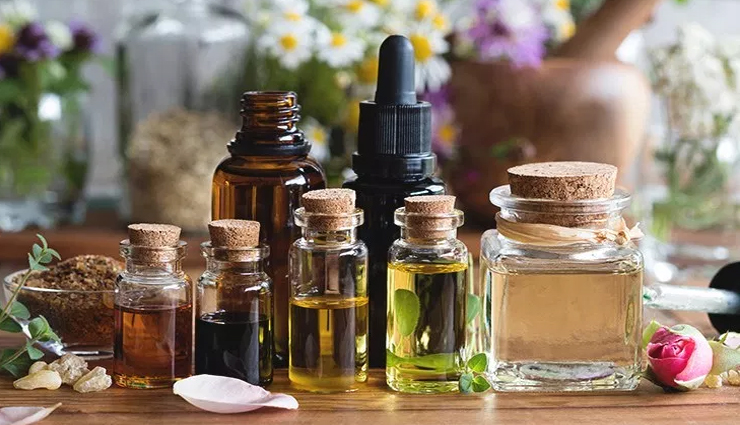
* Avoid essential oils altogether because you think you’re allergic
It’s unlikely that you’re allergic to all essential oils, full stop. If you’ve experienced contact dermatitis (an itchy, bumpy rash) after the application of a specific oil (say, a lavender or eucalyptus), you may be allergic to a compound within that oil. That said, allergies to essential oils aren’t as common as people might think. For example, we believe that only 0.3 to one percent of the entire human population is allergic to one or more components of tea tree oil. But there has still been a massive increase in reported instances of skin irritation and contact dermatitis that are attributed to it. In many cases, consumers are actually reacting to essential oil adulterants such as pesticides, phthalates and heavy metals that can appear in poor quality oils. Or, if the oil is high quality, it may have oxidized over time due to exposure to light, heat and oxygen and developed peroxide levels that irritate the skin. It’s also possible that your skin condition might be eczema.
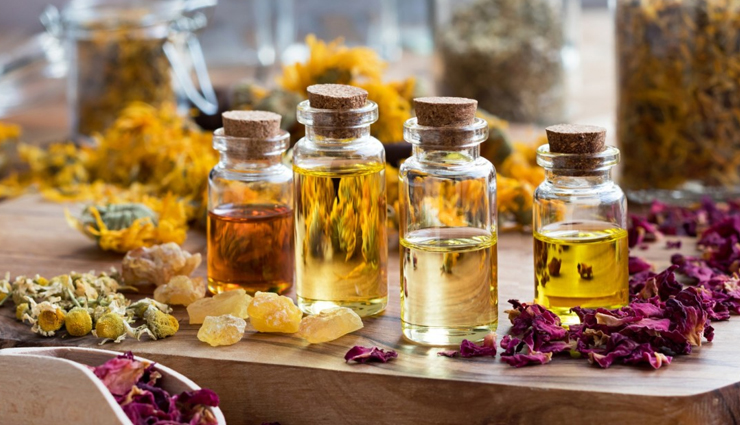
* Take everything on the label for granted
Sometimes, what’s on the label doesn’t reflect what’s in the product. You’ve got U.S. traders who will blend ure oils themselves to make the margins a little bit better, which means they’ll add in synthetic fillers or other unlisted ingredients that make the oils cheaper to produce. For example, a consumer (not a regulatory body) filed a class-action lawsuit against Majestic Pure essential oils earlier this year claiming that even though the brand’s labels say “100% pure” and “free from any additives or adulterants,” that’s false advertising because tests allegedly show that the products contain synthetic compounds. We see that a lot in Canada,” says Shannon O’Brien, brand director for Thursday Plantation Canada. “A bottle will say 100% pure and we’ve done chiral tests on it and we know it’s not.
* Buy clear glass or plastic bottles
To ensure that you’re purchasing essential oils that haven’t oxidized while on shelf and haven’t leached chemicals from their containers, choose oils that are packaged in glass bottles with airtight seals. Coloured glass is often the best bet because it will help protect the oils the damaging effects of light.
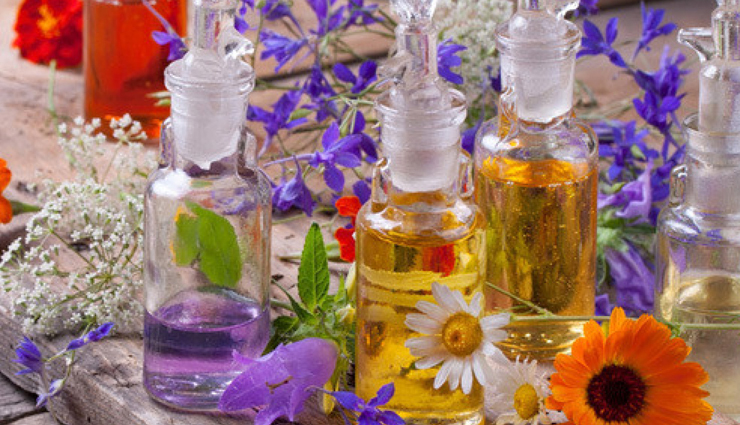
* Purchase essential oils that are manufactured in China
Many of the worst essential oil manufacturers are located in China. I have tested hundreds of tea tree oil samples from China and I have never seen a sample of Chinese tea tree oil that is actually tea tree oil. I’ve got a clear case where a cleverly adulterated Chinese oil was submitted to a testing laboratory in Toronto and they certified it as pure. It’s not. It was pure industrial waste. It had never been anywhere near a tea tree in its life and these guys are selling it as pure tea tree oil.
* Choose the cheapest brand you can find
Everyone likes a deal, but essential oils are a category where you get what you pay for. Quality oils are expensive to produce, so if you come across a brand that is exceptionally cheap, it’s most likely not pure no matter what the label says. It’s almost a rule of thumbn. If it’s cheap, it’s adulterated. If it’s cheap, it’s not real. That doesn’t mean that the most expensive brands are the best. It simply means that there is a certain level of cost attached to pure ingredients.
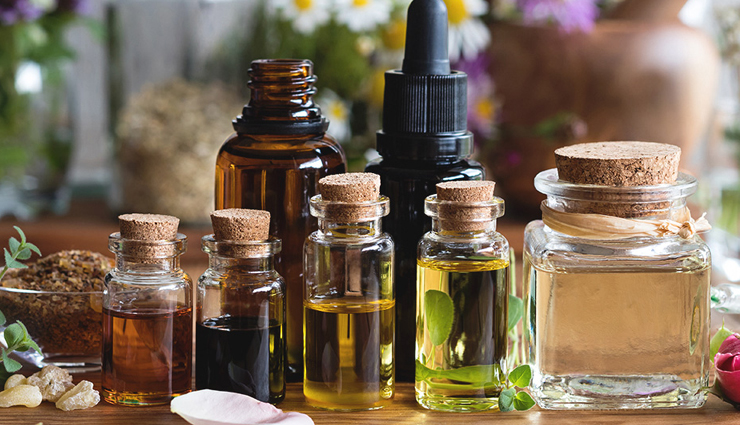
* Store the oils incorrectly or for too long
The three things that oxidize any essential oil, rendering it less effective and potentially even harmful, are oxygen, light and temperature. Store your essential oils in well-sealed containers in a cool, dark place for maximum longevity.
Even so, your stash isn’t going to last forever. Larkman recommends hanging onto oils for no more than six months after opening and 12 months unopened. That said, some brands like Thursday Plantation do stability testing and they know that, unopened, their oils remain stable for up to five years. Still, Larkman stands by his suggestion. You can keep a well-filled, well-sealed bottle as long as you want. A half empty bottle left on a shelf in the sun? Maybe three weeks. Our recommendations are six and 12 months. We don’t want people to get hurt.





